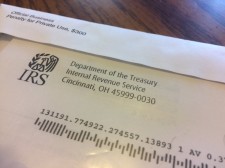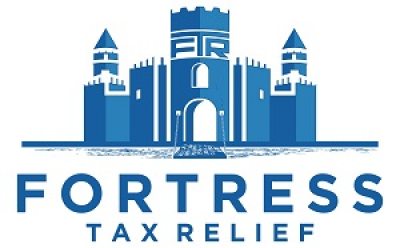Top 5 Ways to Avoid Defaulting IRS Payment Agreements by Fortress Financial Services Inc.

BEND, Ore., November 25, 2019 (Newswire.com) - Resolving a tax liability with the IRS through a tax resolution agreement is a hectic process. The taxpayer is expected to pay off the tax debt and avoid defaulting on the tax agreement. Upon default, the IRS enforces stringent rules on the taxpayer, and the taxpayer may also be subject to enforced collections and garnishments. Here are the top five ways to avoid defaulting on a tax payment agreement.
1. Avoiding Additional Liability
Part of fulfilling the tax agreement with the IRS is ensuring that all tax deposits payments are made on time. A delayed deposit will attract a bounced payment penalty, which increases tax liability. Should the IRS identify any delays in tax deposits, they may decide that the taxpayer has defaulted on their tax agreement. If a taxpayer cannot pay the tax deposit on time, it is advisable to pay it off and clear the penalty as soon as possible to avoid incurring additional fees.
2. Filing Estimated Quarterly Payments
For a taxpayer that files the 1040 income tax return and has a tax liability over $1,000, the IRS requires that the taxpayer makes quarterly estimated deposits towards the next year to reduce the chances of having a balance due. Similarly, C corporations that file an 1120 tax return with a tax liability over $500 are required to file quarterly estimated payments. The safest thing to do is to file by the due dates – 15th April, 15th June, 15th September and 15th January in the following year.
3. Avoid Accruing Civil Penalties
Receiving civil penalties from the IRS could result in default of a tax agreement. There are several ways for a taxpayer to accrue a civil penalty. For example, failing to file the W-2/W-3 reports to Social Security Authorities could attract a penalty. Discrepancies between 941 employment tax returns, the 940 unemployment tax returns, and W-2/W-3 forms, can also result in a civil penalty.
4. Filing Tax Returns
Tax compliance is essential in retaining any tax agreement. Missing or filing a tax return late is as egregious as missing a payment.
5. Making Periodic Payments
To avoid defaulting, a taxpayer should make all the agreed monthly installments on time. If they mail the deposits, they must ensure the IRS receives them before or by the due date.
Finding a Tax Professional
When dealing with a hefty tax liability, contacting a tax professional is crucial for negotiating better payment terms to clear the tax debt. To learn more about IRS tax resolution agreements and tax debt, contact Fortress Financial Services, Inc. today.
Media Contact:
Mike Zacha, Vice President
Fortress Financial Services, Inc.
(877) 777-7430
Source: Fortress Financial Services, Inc.
